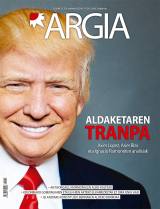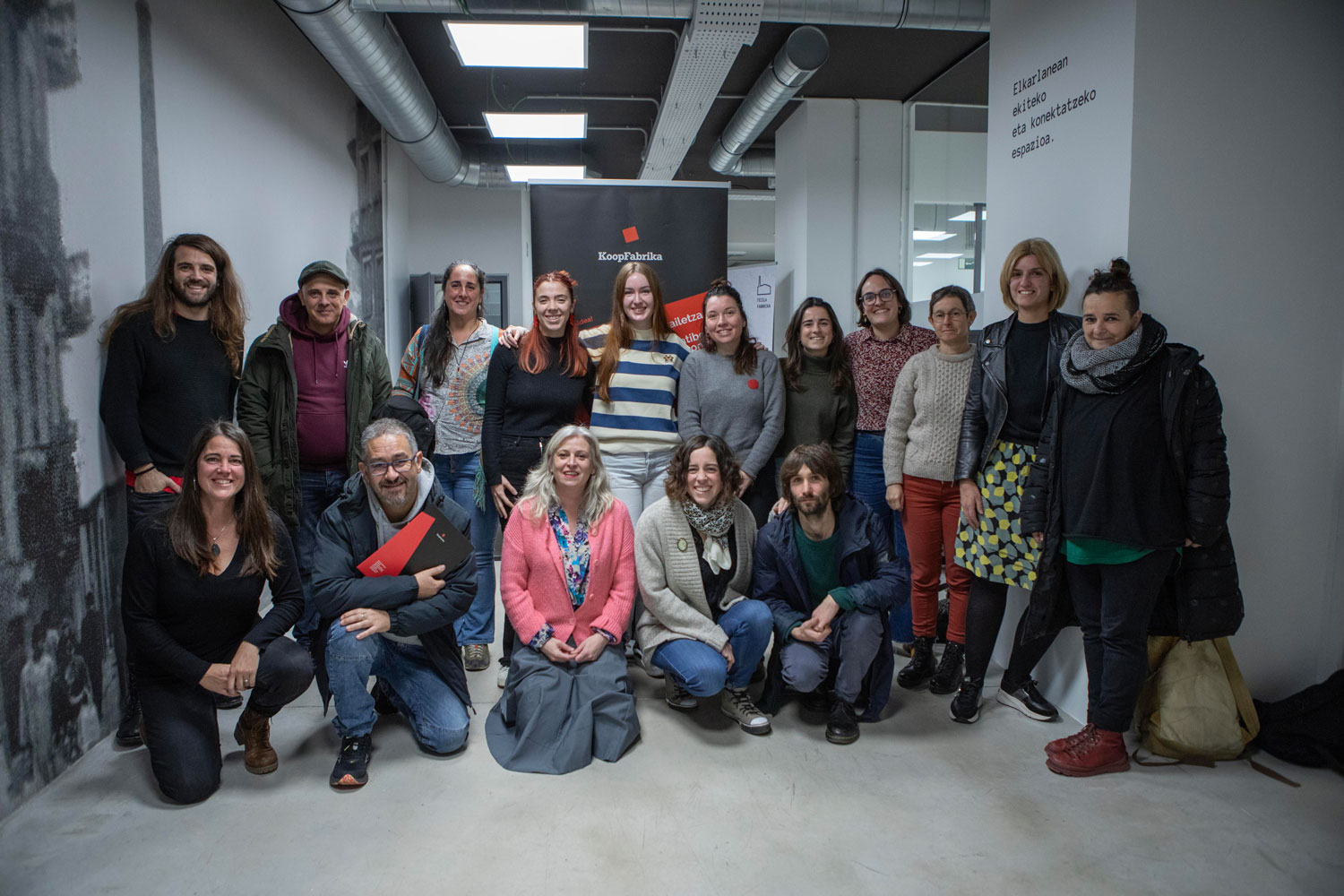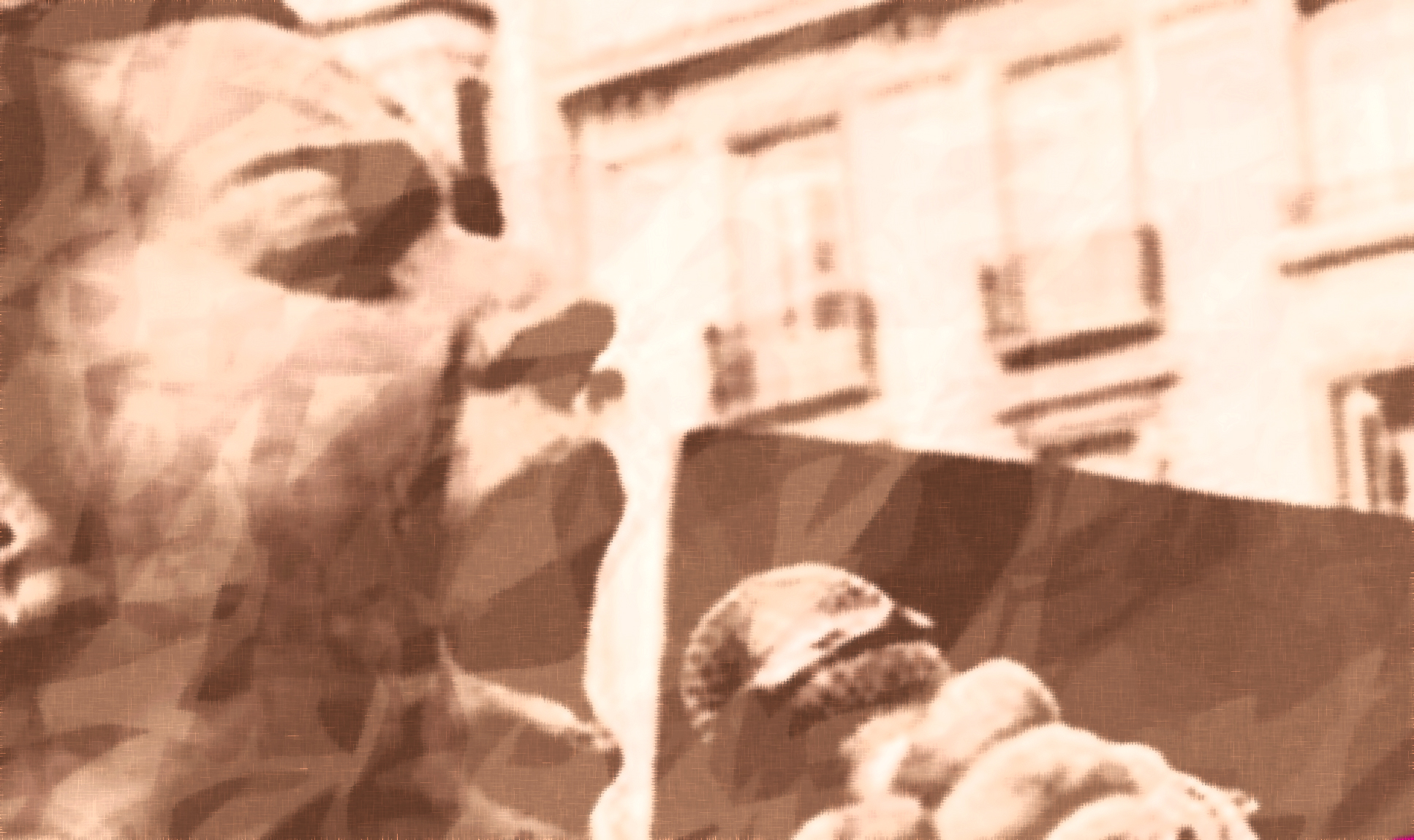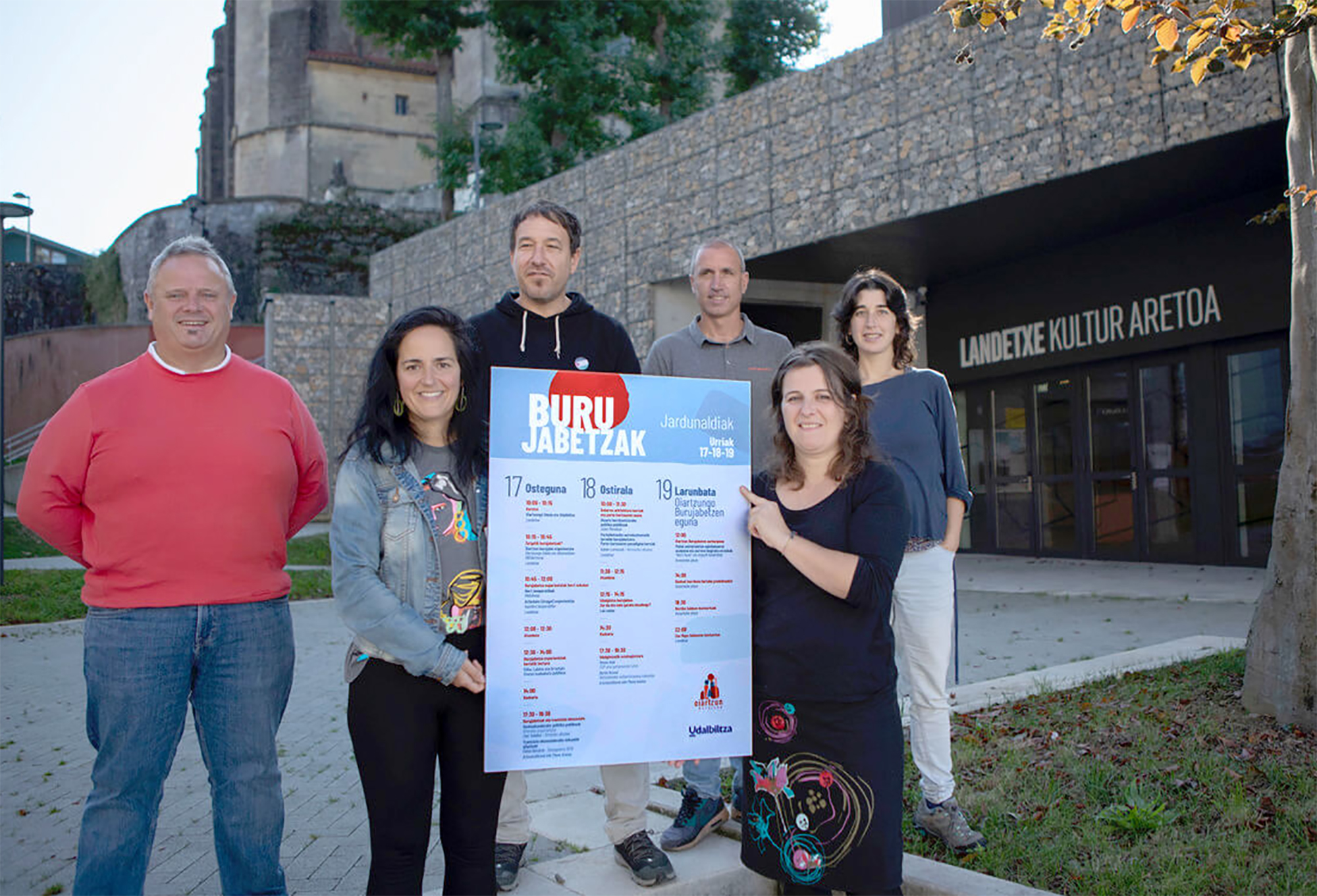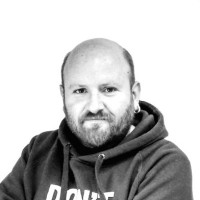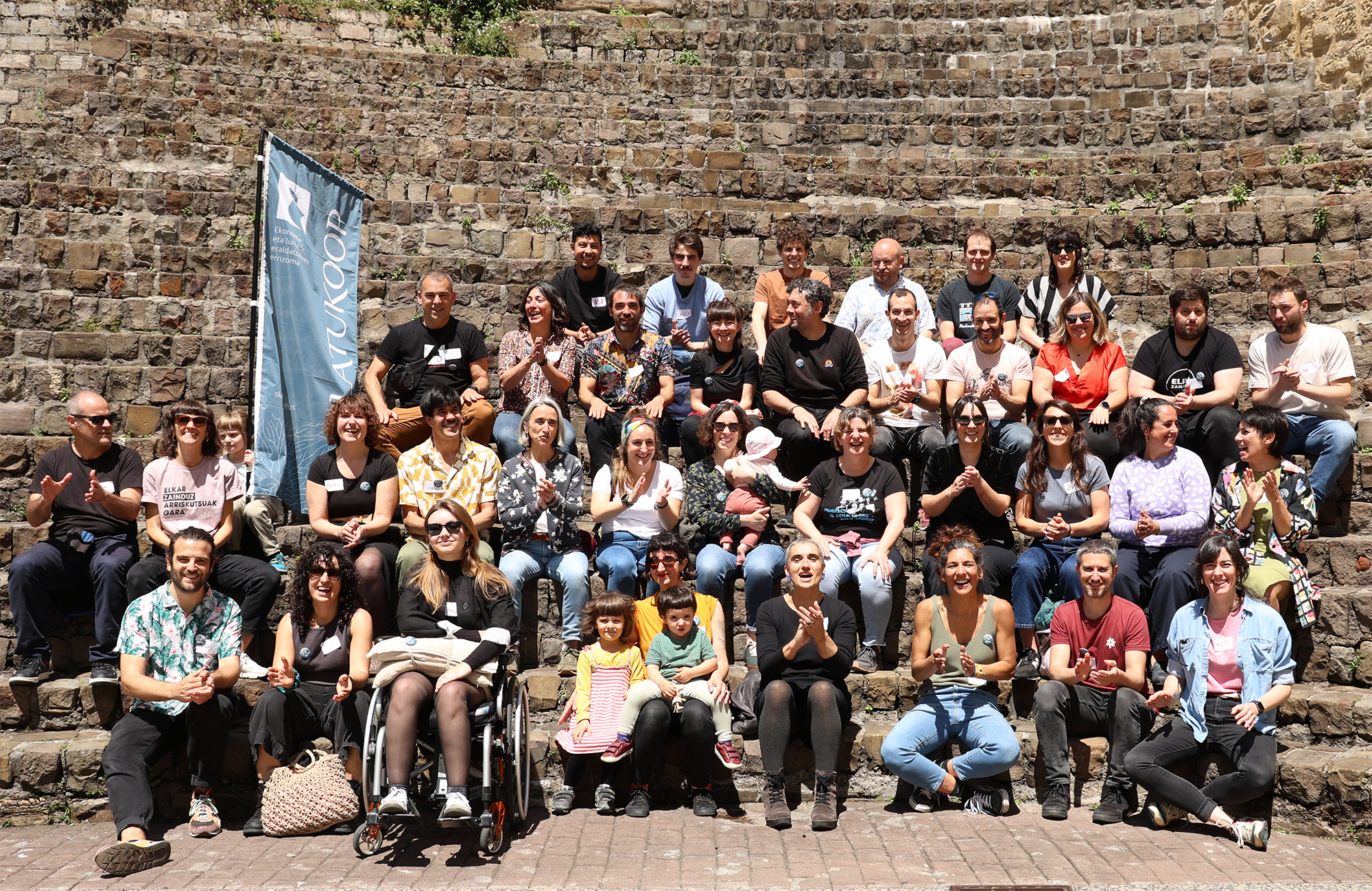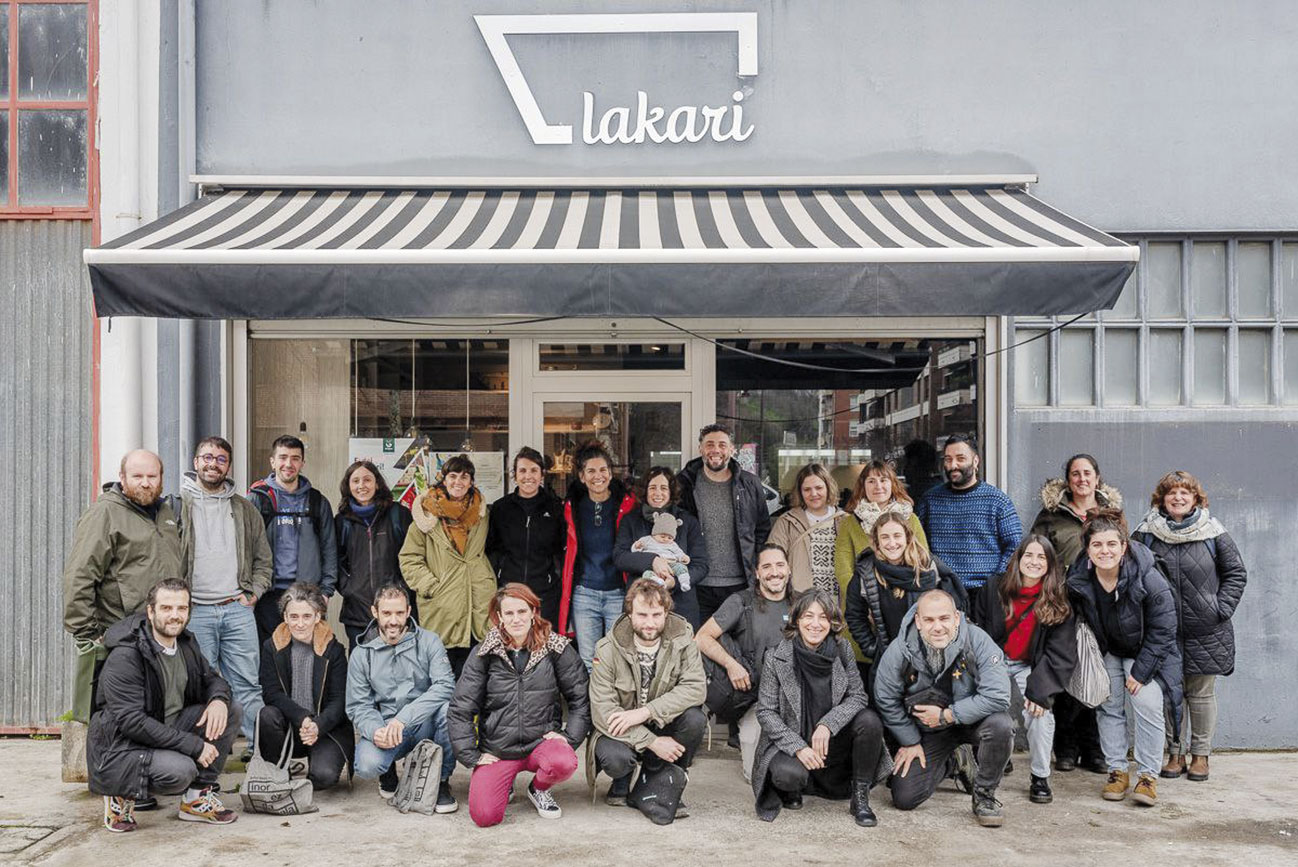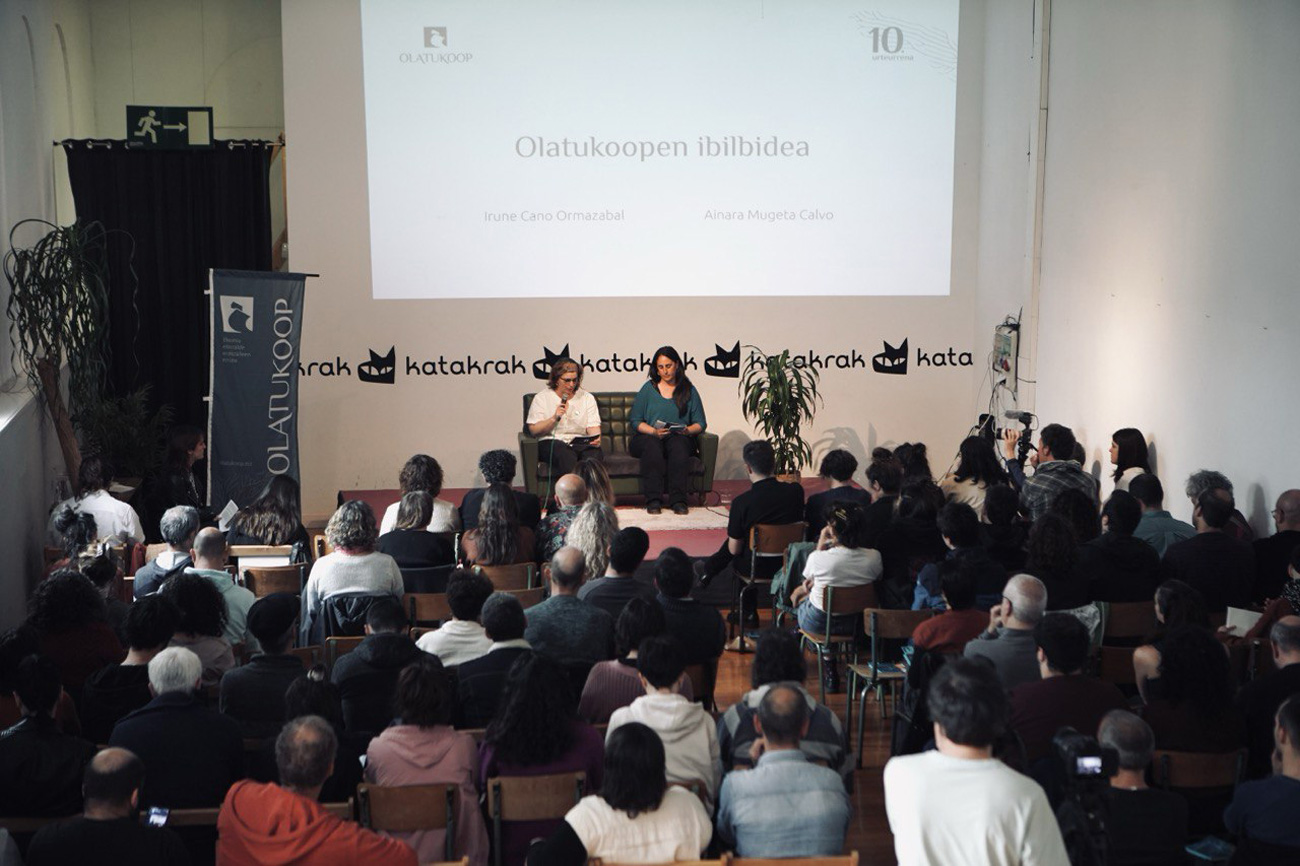Ideas for tackling mass tourism from Barcelona
- In the Catalan capital they do not have a perfect recipe either. But at least, they've had more time than us to try to answer and ask questions.
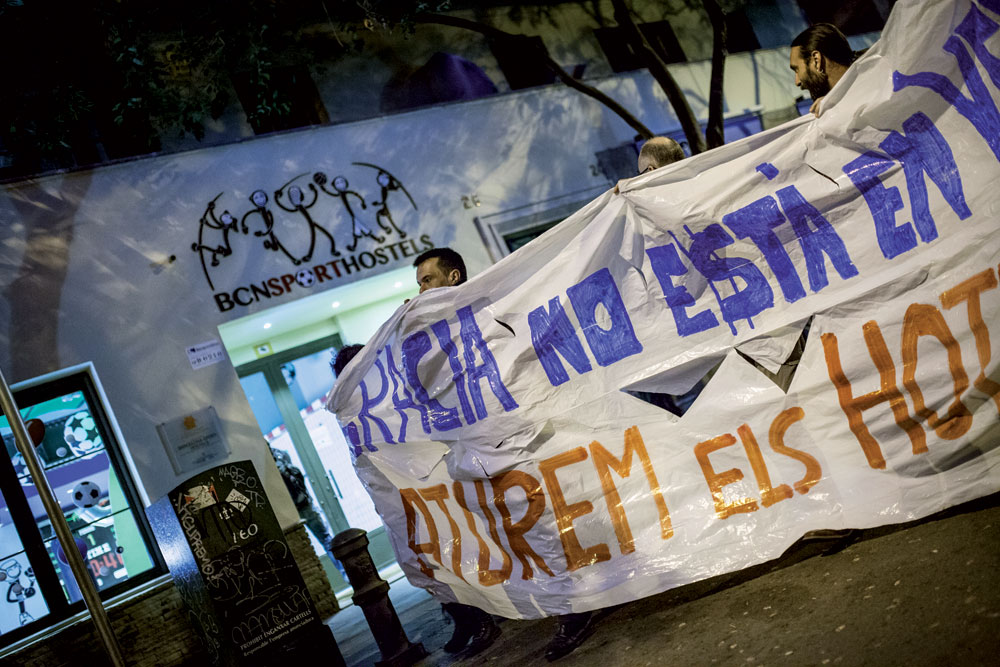
“Tourism growth: alternatives to mass tourism from the transformative social economy”. That is what the round table called our attention. With half an hour of travel on the metro we arrived at the former factory of Fabra i Coats, in the Sant Andreu district of Barcelona. Over the weekend, dozens of activities have been organized within the framework of the Solidarity Economy Firm. Despite Sunday morning, there are a lot of people walking through the exhibition stands. Time is pressing and we have taken the direct path to the room they have prepared, without giving us time to look at the seats.
Four Basques have gathered among forty others. Two donostiarras and two zumaiarras. It's no coincidence. We already know each other and we know that the same concerns have brought us here: Some of us have come terrified by the wave of tourists that has multiplied in Donostia-San Sebastián by the European Capitality of Culture 2016; others by the effect that the recordings of the successful Game of Thrones series will have on Zumaia. “In Barcelona they have faced similar problems for years. Will they have a solution for our diseases?” we have wondered.
We have soon been frustrated by the hope of returning home with the perfect recipe to stop mass tourism. Just listen to the first words of one of the organizers: “Those of us on this table, those of you sitting in front of us have other doubts.” They will divide us into small groups and we too will have to give our opinion. We didn't expect any of that.
The answer must be comprehensive
However, each of the rapporteurs has previously given us a brief introduction (supposedly). Daniel Pardo, a member of the neighborhood assembly in Barcelona, recalled that what happened initially in a few neighborhoods is gradually spreading to those in the area, while Professor Filka Sekulova, of the Autonomous University of Barcelona, has denounced that sustainability is a concept that the City Hall is trying to promote a transformative social economy. “If it is not with the vocation to transform the social and economic model, proposing responsible tourism is useless.”
Nil Camprubi, from the cooperative Fent Country, which offers “responsible” tourism in the villages of the interior of Catalonia, has been the last to enter. He has taught us the other side of the coin, as he announced that there will be many contradictions that the programme will awaken us. "You have to look at the issue from a country perspective and get the tourists out of the cities. What is a problem for Barcelona can be a solution for an increasingly precarious rural environment.”
Airbnb: wolf sheepskin
We've been divided into groups. After the usual doubts on these occasions, the two Donostiarras have become a sextet. That we do not know how to do in Catalan, but that we have no problems understanding it, that has been our first explanation. But it was a coincidence, as there is only one Catalan in the team, who also wants to speak in Spanish. “How do you imagine Barcelona with much less tourists?” That is the question we have to answer between the six.
The conversation, however, has taken another path. Barcelonesa tells us that she has worked for twenty-five years in the tourism sector and we ask her for a shared diagnosis. You have immediately referred to Airbnb, which is used to rent private homes on a regular basis. “At first it was a model of collaborative economy, of collaborative economy; the alternative, in the mouths of many. Now, on the other hand, it has become a tool to raise money that agencies and people who have the whole block of the house use.” Today, Airbnb has more beds in Barcelona than all its hotels. The Jaengoa girl added that it influences both the price of housing and the flooding of tourists by the big chains and that it is dangerous because from the popular movements we only look at the hotels. No one has opposed it.
How to Repel Investments
The organizer's warning has caught us without giving an adequate answer to the question that has touched us. “The turn is over.” However, we found it interesting to hear what other groups have reflected: We must strengthen other working models and sectors of the transforming social economy, that oral awareness is still essential, that the construction of more hotels should be banned... And more ideas too.
So the dance of opinion began. A young man asks whether the problem of tourism is quantitative or qualitative, and Daniel Pardo, a member of the neighbourhood assembly, answers quickly: “Our primary goal is to get fewer people and fewer investors to come today.” How do you do that? The same rapporteur who entered the Bureau replied to the question we all had in mind: “There is only one way: from institutions and grass-roots movements we must ensure that investments in tourism are not profitable.”
An adult woman has taken the floor with a clear tone of anger. “While we’re chatting here, neighborhoods are transforming continuously and savagely. Do we have a chance to really win? Maybe yes, but now we have to leave the fine words and take bolder measures, measures.” He added that more can be done from the institutions than is done now, and that in education too, critical attitudes must be encouraged, as has been done with the issue of pollution or recycling.
The paradox of attractiveness
He smiled awkwardly the next one who stood up and spoke: “The paradox is that the very round table we are doing here raises a tourist interest.” He continued in his skeptical role: “Aren’t we really alone in this? Do we have referents? In most cities they want what we want to beat here.”
We started to think that we would go with as much uncertainty and as bad mood as getting there, but then Jordi Via's turn has come to complete the program. "We're not going to fall into self-deception. We have to recognize the size of the monster in front of us, that we have a thousand contradictions… But twenty-five years ago we were Martians and Martians talking about the transformative social economy, and look at what we are here today, at this fair.” There is a path that can be made, we have clues that seem reasonable, but let us hope that we do not have to wait another twenty-five years. Calmer than before, because you think quietly better, we've made the way to the subway going around that idea.
Budgets and the closure of annual accounts are nothing more at this time, from the domestic economy to most of the socio-economic spaces that we share. Large companies have begun to extract calculators and implement major plans for 2025. Small and medium-sized institutions and... [+]
I write these lines the day after the elections to the European Parliament, the dark times, the triumph of the Reactionary International in the elections to the European Parliament. It was already in advance and it is the confirmation of the conservative phase we live in, but it... [+]









